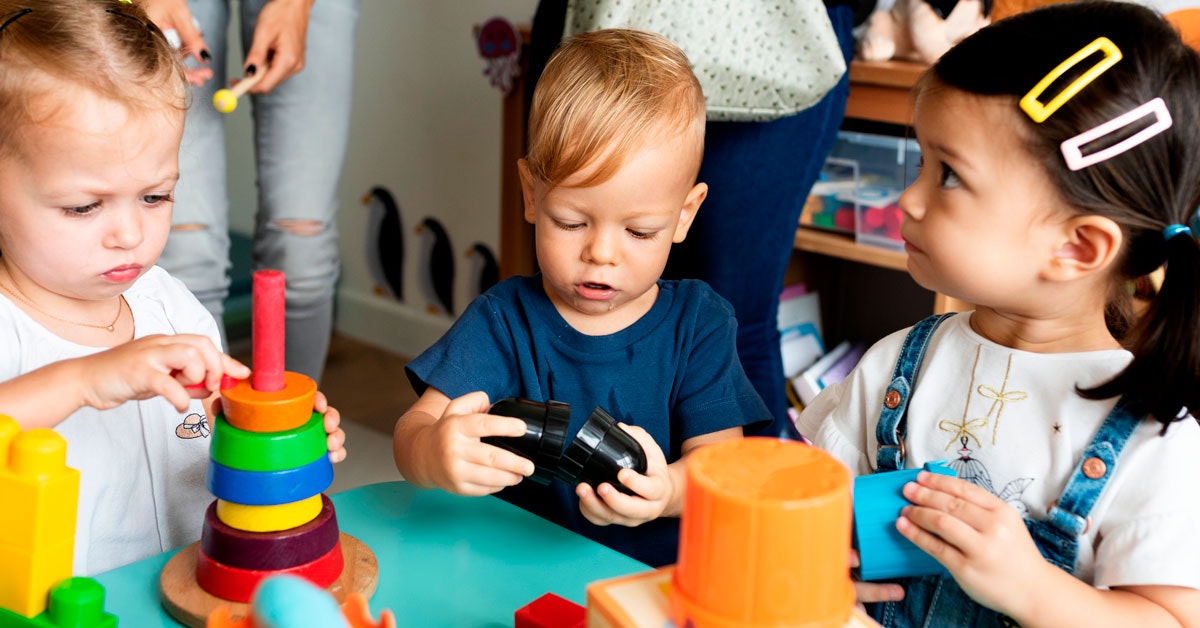
A surprising difference has been discovered between children who go to daycare and those who don’t
in the investigation Scientists at the University of Turku took saliva samples from more than 200 two-year-old Finnish children, half of whom were cared for at home and the other half went to day care.
This was repeated when the children were 3.5 and 5 years old, but by then the proportion of children still receiving care at home had dropped dramatically.
Saliva tests reveal stress levels
The researchers measured levels of the stress hormone cortisol, which is produced in the brain’s command center, the hypothalamus, and secreted by two small organs above the kidneys: the adrenal glands.
When you feel stressed, cortisol production increases, while the level drops again when the stress is over.
Saliva samples were taken several times over two days: upon awakening, mid-morning, and evening.
The Finnish researchers expected, in line with previous studies, that children in the shelter would show higher levels of stress hormones. However, the opposite has turned out to be true.
The two-year-olds who stayed home had a higher level of cortisol in their saliva than the group that went to daycare. This difference was not found in the very small group of children aged 3.5–5 years who were cared for at home.
Scientists do not yet know the reason for this. They are reluctant to conclude, based solely on their own research, that children who are cared for at home are more likely to experience stress.
However, they do have some ideas, says Katya Tervhartiala, senior research psychologist and principal investigator.
Using questionnaires completed by both parents and daycare staff, they found that the sleeping, waking and eating times of the daycare children followed a more consistent pattern than the children who stayed home.
There seems to be more variation in the daily schedule of children at home, and this is an aspect that can affect their stress regulation. “In most Finnish nurseries, the routine is very predictable,” says Katia Tervaartiala. Science in pictures.
However, she thinks there are other possible explanations, for example small differences between Finnish families who keep their children at home and those who use childcare.
Researcher: This is very important
For example, the researchers found that the educational level of mothers who took their children to day care was slightly higher than that of the other group, even though both groups were well educated.
The latest study also found slightly more depressive symptoms in mothers of children with high, fluctuating levels of cortisol who stayed home.
However, studies in other European countries have found unusually high levels of cortisol in daycare children. Part of the debate now revolves around whether the results indicate that day-care centers are better in Finland than elsewhere.
We also don’t know what harmful cortisol levels are in children, and Katia Tervaartiala says a little stress can be good for learning – as long as it’s not too much.
“The crucial thing is that children trust the adults around them who can help them cope with stress – whether it’s parents or daycare caregivers – it totally depends on the environment,” she says.

“Travel enthusiast. Alcohol lover. Friendly entrepreneur. Coffeeaholic. Award-winning writer.”
